CARS
9 Things You Should Never Leave In The Car
Published
1 year agoon
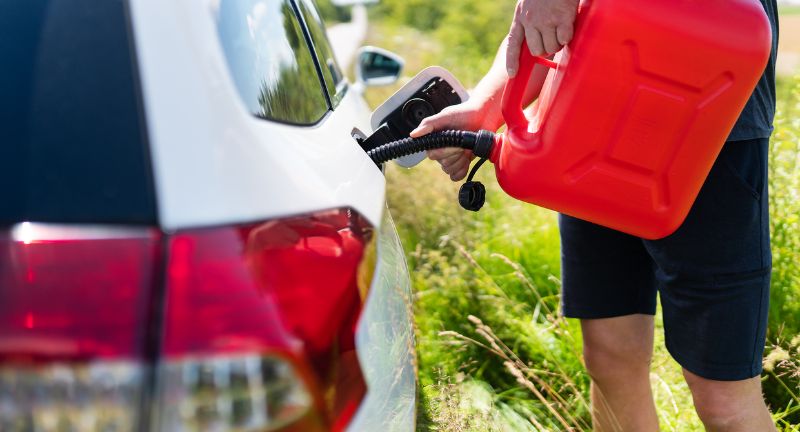
iStock
Many of us rely on our cars not just for transportation but also as a convenient storage space for various items, whether for ease of access or as a precaution for unexpected situations. There are certain items though that should not be left in the car due to potential risks and hazards. From perishable foods to valuable electronics, leaving certain belongings in your vehicle can lead to spoilage, damage, or even safety concerns.
Understanding what items are unsuitable for car storage is essential for maintaining both the condition of your belongings and the safety of yourself and others.
Glasses
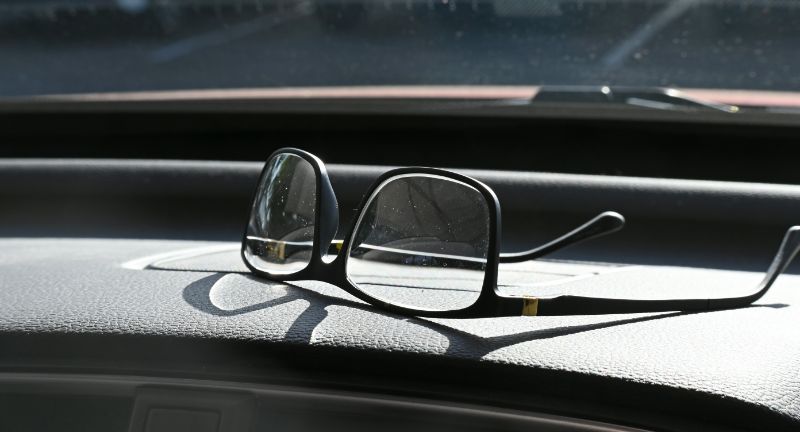
Shutterstock
Temperature variations inside of a car can cause warping or distortion of the frames and lenses. Extreme heat inside a car can soften the materials used in glasses, leading to misalignment or damage to the frames. Prolonged exposure to sunlight may also cause fading or discoloration of the lenses, compromising their optical clarity and UV protection capabilities.
Electronics
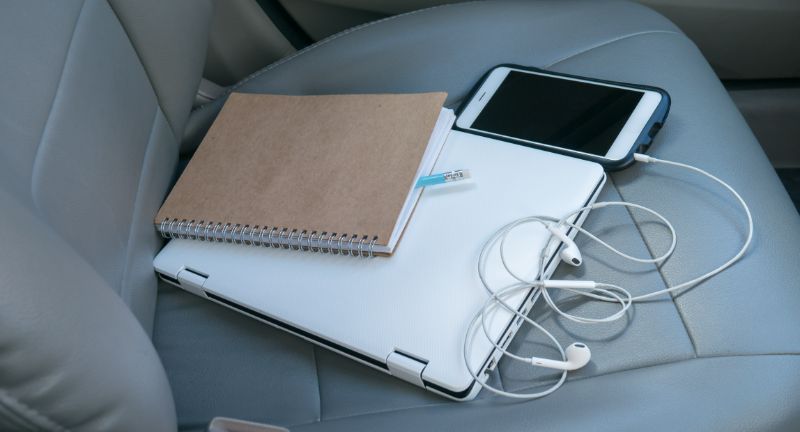
Shutterstock
Leaving smartphones, laptops, or tablets in a hot car can cause them to overheat, potentially damaging the battery and internal components. Excessive heat can lead to battery degradation, reduced performance, and even permanent damage to the device. To prevent overheating and prolong the lifespan of electronics, it’s best to store them in a cool, dry place away from direct sunlight and extreme temperatures.
Flammable Materials
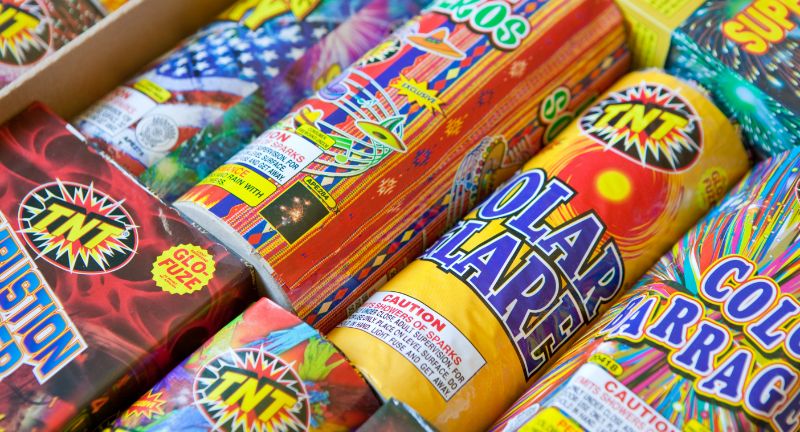
Shutterstock
Items like propane tanks or fireworks should never be stored in your car due to the risk of explosion or fire. High temperatures inside a car can cause flammable materials to ignite spontaneously or increase pressure inside pressurized containers, leading to a dangerous situation. Always store flammable substances in a well-ventilated area away from heat sources to minimize the risk of fire or explosion.
Pets
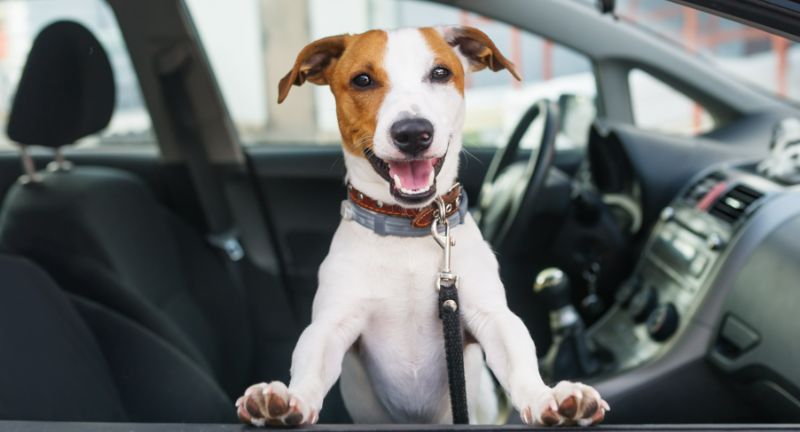
Shutterstock
Leaving pets unattended in a parked car, especially in hot weather, can lead to heatstroke or other health issues. Temperatures inside a car can quickly rise to dangerous levels, even with the windows cracked open, putting pets at risk of dehydration, heat exhaustion, or death. It’s essential to never leave pets in a car, even for a short period, and always provide them with proper ventilation and hydration in a safe environment.
Perishable Foods
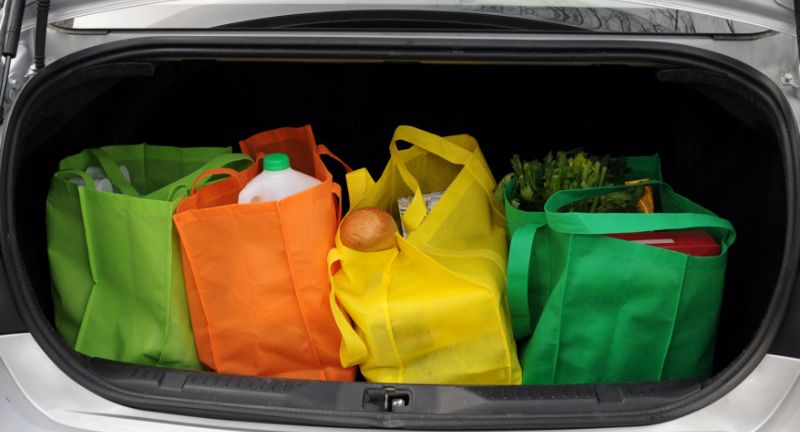
Shutterstock
Food items that require refrigeration, like dairy products, raw meat, or seafood, should not be left in a car, as they can spoil quickly. Exposure to fluctuating temperatures can promote bacterial growth, leading to foodborne illnesses or food poisoning. To ensure food safety, perishable items should be promptly stored in a refrigerator or cooler with adequate insulation to maintain proper temperature control.
Valuables
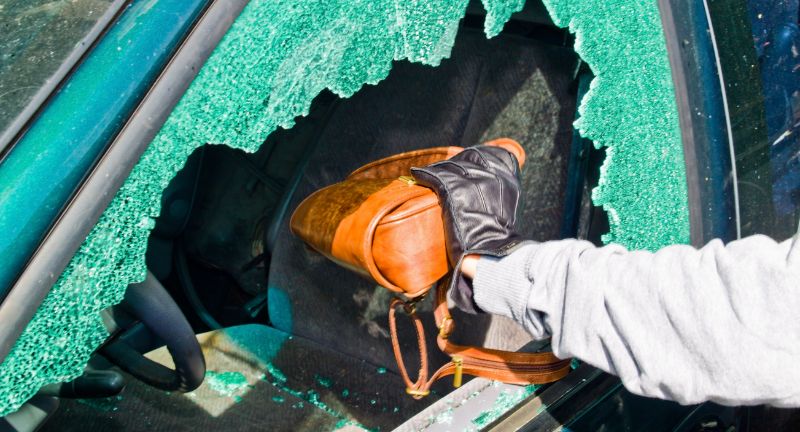
Shutterstock
Avoid leaving valuable items like jewelry, cash, or important documents visible in your car to deter theft. Cars parked in public spaces are vulnerable to break-ins, and leaving valuables in plain sight increases the risk of theft and property damage. To protect your belongings, store them out of sight in the trunk or take them with you when leaving the vehicle unattended.
Fragile Items
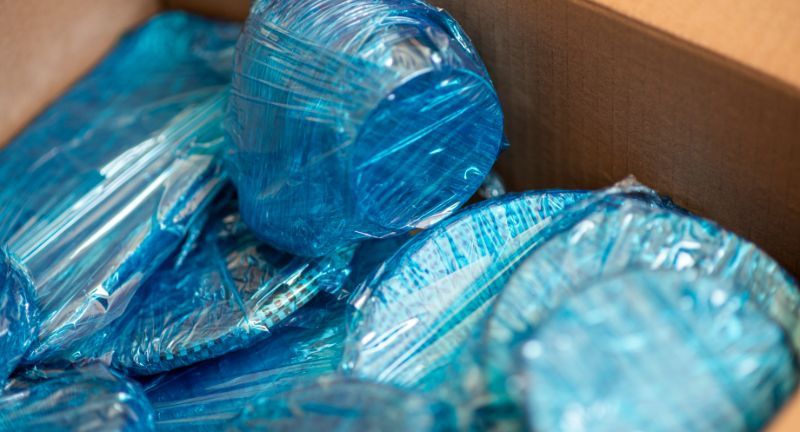
Shutterstock
Delicate items such as glassware or fine china are susceptible to damage during transportation or in extreme temperatures. In a hot car, the heat can cause glass to expand, increasing the risk of breakage, while cold temperatures can make materials brittle and prone to shattering. To preserve fragile items, handle them with care and store them in a stable environment away from temperature extremes and potential impact.
Firearms
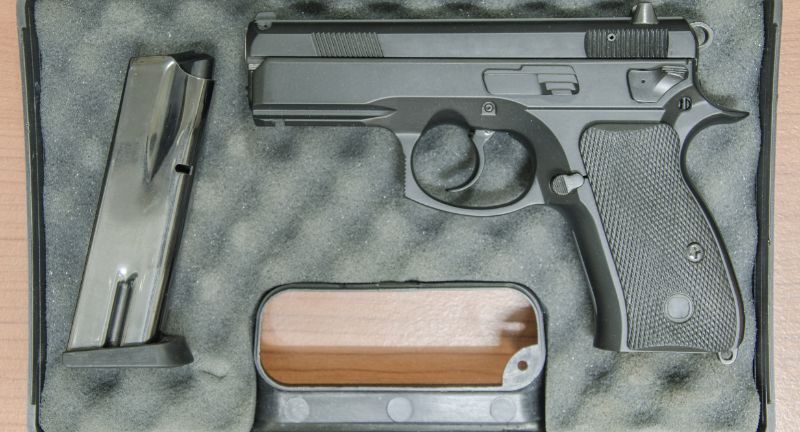
Shutterstock
Firearms should be securely stored in a gun safe or lockbox, not in a car where they can be accessed by unauthorized individuals. Leaving guns unattended in a vehicle increases the risk of theft, accidents, or misuse, posing a danger to public safety. Responsible firearm ownership involves proper storage and handling to prevent unauthorized access and ensure the safety of oneself and others.
Medication
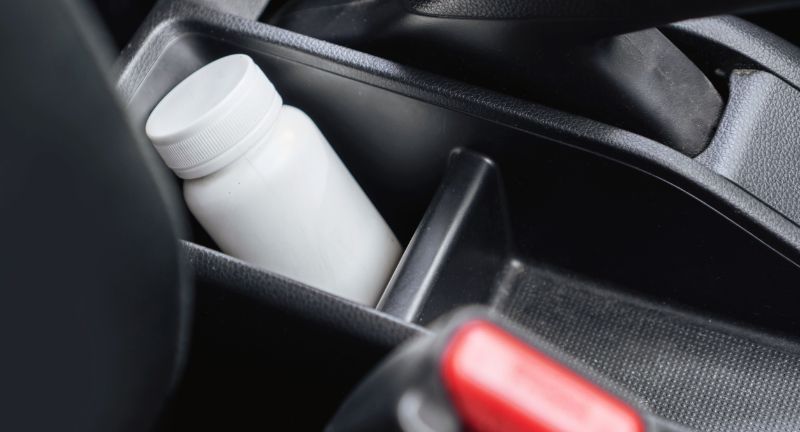
iStock
Extreme temperatures can affect the potency of medications, and leaving them in your car can compromise their effectiveness. Exposure to high heat or cold can alter the chemical composition of the drugs, rendering them less effective or even harmful to consume. It’s crucial to store medications in a controlled environment to maintain their integrity and ensure their therapeutic benefits remain intact.
Conclusion
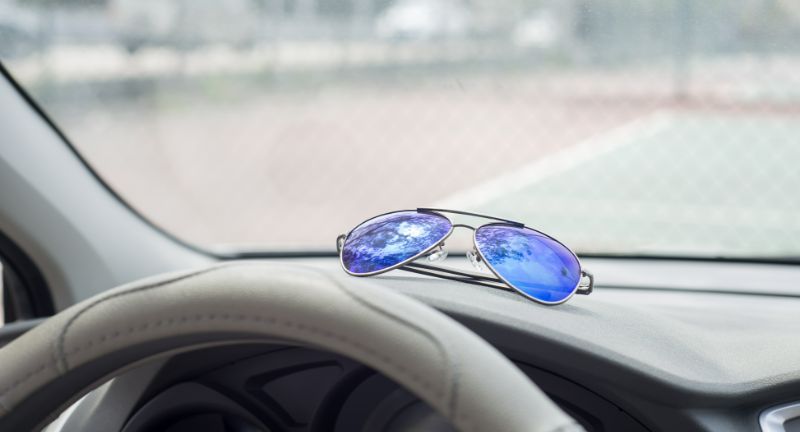
Shutterstock
While our cars can serve as convenient storage solutions, it’s essential to exercise caution and discretion when deciding what to leave inside. By avoiding storing items that are susceptible to damage or pose safety risks, we can ensure the longevity of our belongings and mitigate potential hazards. Remembering these considerations will help us make informed choices about car storage and maintain a safer and more organized vehicle environment overall.
More From Auto Overload
-


12 Most Astonishing Concept Cars Ever Created
-
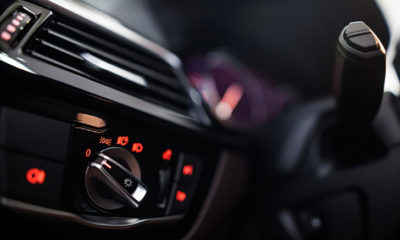

Two Essential Truths Every Car Owner Needs To Know
-
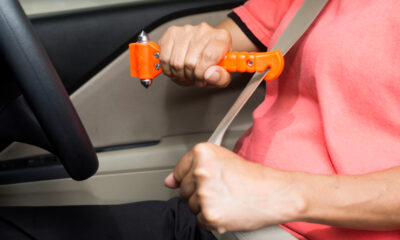

11 Essential Items You Need To Keep In Your Vehicle
-
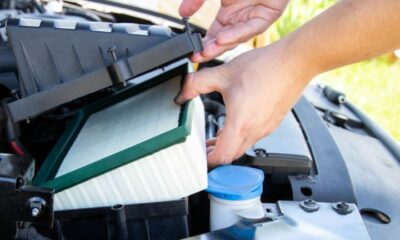

8 Easy Ways To Increase Your Car’s Value
-


7 Vehicles That Should Have Never Been Discontinued
-


8 Most Iconic American Sport Cars Of All Time
-
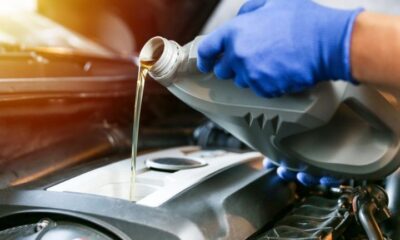

6 Best High Mileage Motor Oils On The Market
-
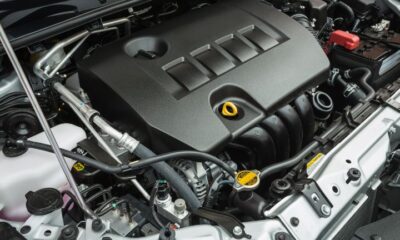

8 Easy Ways To Boost Fuel Efficiency
-
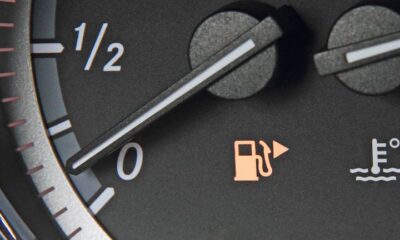

10 Common Car Problems Every Driver Should Be Aware Of
-


10 Greatest Trucks Ever Built
-


10 Of The Most Powerful Supercars On Earth
-
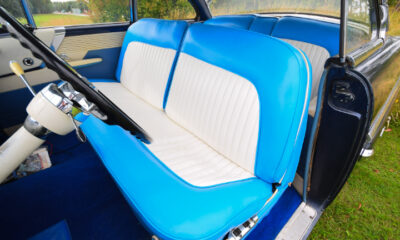

6 Popular Car Features That Will Never Be Seen Again

